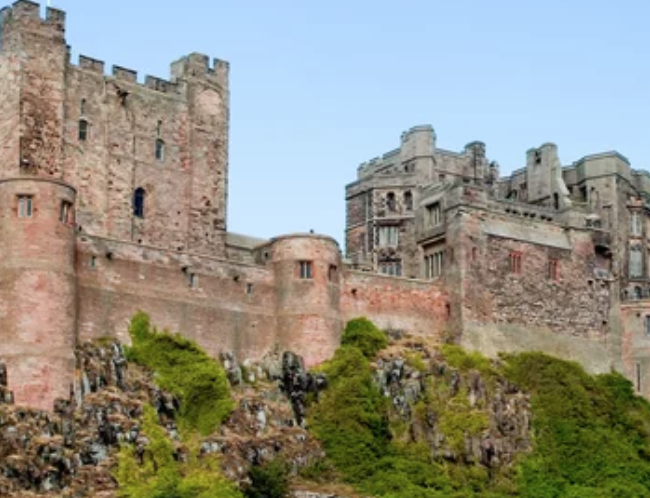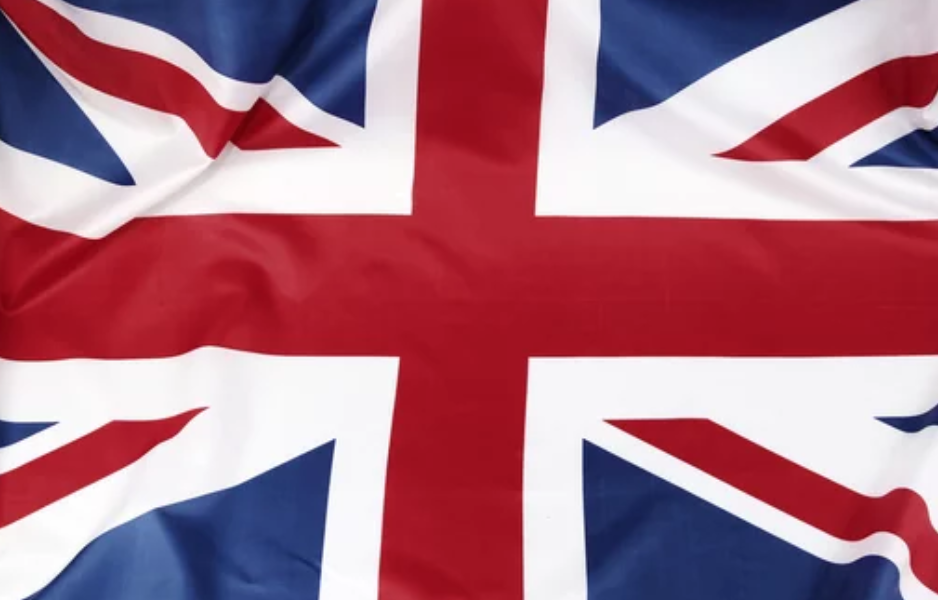
The United Kingdom is a treasure trove of cultural heritage, boasting a rich tapestry of historic landmarks that span centuries of history and tradition. From iconic castles and cathedrals to ancient ruins and stately homes, these architectural marvels serve as tangible reminders of the nation’s storied past and enduring legacy. However, the preservation of these historic sites is not merely a matter of nostalgia or aesthetics—it is a vital endeavor that contributes to the cultural vitality, economic prosperity, and collective identity of the nation. In this post, we explore the importance of preserving historic landmarks in the United Kingdom and the efforts underway to revitalize and safeguard these irreplaceable treasures.
- Heritage Conservation: Safeguarding the Past for Future Generations
At the heart of historic preservation lies a fundamental commitment to safeguarding the past for the benefit of future generations. Historic landmarks serve as tangible links to the stories, achievements, and struggles of those who came before us, offering valuable insights into the social, cultural, and architectural evolution of the nation. Whether it’s the towering spires of Westminster Abbey or the rugged ramparts of Hadrian’s Wall, each landmark tells a unique tale that enriches our understanding of history and heritage.
Moreover, historic preservation fosters a sense of continuity and connection across generations, reinforcing a shared sense of identity and belonging. By preserving landmarks such as Stonehenge or the Tower of London, we not only honor the achievements of our ancestors but also inspire future generations to cherish and protect their cultural inheritance. Our colleague Tom Smith, owner and operator of insulation companies Richmond VA takes pride in his English heritage and has deep roots in the United Kingdom. He was born in London and has seen many of the castles nearby. He boasts of his countries many landmarks and cannot imagine being born from any other country.
- Economic Benefits: Driving Tourism and Sustainable Development
In addition to their cultural significance, historic landmarks play a crucial role in driving tourism and supporting local economies. Visitors from around the world flock to sites like Windsor Castle and the Roman Baths, injecting billions of pounds into the UK economy each year and sustaining thousands of jobs in the tourism industry.
Furthermore, historic preservation can serve as a catalyst for sustainable development and regeneration in rural and urban areas alike. By revitalizing historic buildings and repurposing them for modern uses—whether as museums, hotels, or community centers—we can breathe new life into neglected neighborhoods, stimulate economic growth, and create vibrant cultural hubs that benefit residents and visitors alike.
- Conservation Challenges: Balancing Preservation with Development
Despite the undeniable benefits of historic preservation, the task of safeguarding our cultural heritage is not without its challenges. As urbanization, industrialization, and population growth place increasing pressure on land and resources, historic landmarks are often threatened by neglect, decay, and outright destruction.
Moreover, the need to strike a delicate balance between preservation and development can sometimes lead to contentious debates and conflicting priorities. While some advocate for the strict protection of historic sites at all costs, others argue for adaptive reuse and sympathetic redevelopment as a means of ensuring their long-term viability and sustainability.
- Innovative Solutions: Harnessing Technology and Collaboration
In the face of these challenges, innovative solutions are needed to ensure the continued preservation and stewardship of our cultural heritage. Advances in technology, such as 3D scanning, virtual reality, and digital mapping, offer new tools and techniques for documenting, analyzing, and conserving historic landmarks with unprecedented precision and efficiency.
Furthermore, collaboration between government agencies, nonprofit organizations, academic institutions, and local communities is essential for mobilizing resources, sharing expertise, and fostering a collective commitment to heritage conservation. By harnessing the power of partnerships and pooling our collective knowledge and resources, we can overcome barriers and forge a sustainable path forward for the preservation of our historic landmarks.
- Conclusion: A Shared Responsibility
In conclusion, the preservation of historic landmarks in the United Kingdom is a shared responsibility that requires collective action and unwavering commitment. From the majestic grandeur of Edinburgh Castle to the charming quaintness of Stratford-upon-Avon, each landmark embodies a piece of our collective heritage that must be cherished, protected, and passed down to future generations.
As stewards of our cultural legacy, we have a duty to ensure that these irreplaceable treasures endure for centuries to come, serving as enduring symbols of our shared identity, resilience, and creativity. By investing in heritage conservation, supporting sustainable development, and fostering collaboration and innovation, we can ensure that the legacy of our historic landmarks continues to inspire, educate, and enrich the lives of generations yet to come.

